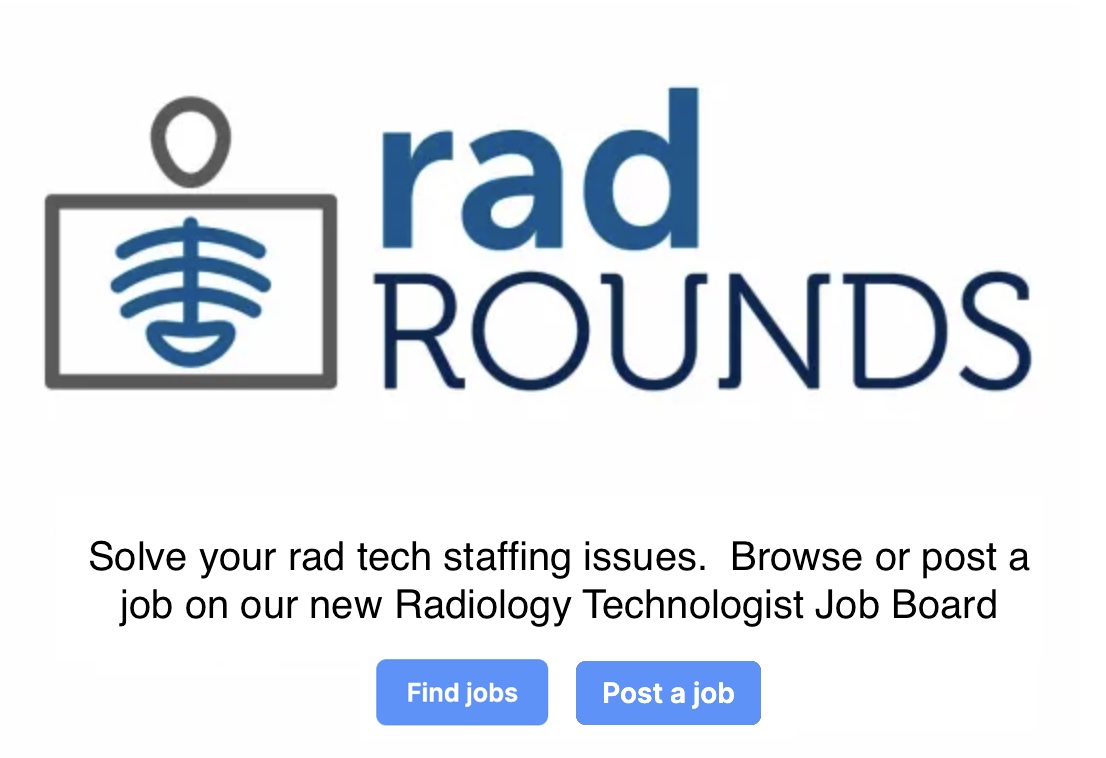
Case courtesy of our radiology website partner, RiT.
Axial CT image of the same patient confirmed a nodule in the right upper lobe (not shown) and additional subsegmental consolidataion in the left lower lobe (yellow arrow) and band opacity in the right lower lobe (arrowheads).
Facts
* Various viruses can cause pneumonia in adults
* Two clinical syndromes are 1) Atypical pneumonia in normal hosts, and 2) Viral pneumonia in immunocompromised hosts
* Common organisms are different in these two clinical scenarios: in normal hosts – influenza viruses are most common; in immunocompromised hosts – CMV and herpesviruses are most common
* Pathology of viral lower respiratory tract infection is prominent in epithelium and adjacent interstitial tissue, then pneumonia occurs when the changes involve the lung adjacent to terminal and respiratory bronchioles. Progressive disease manifests as diffuse alveolar damage.
* In general, it is difficult to distinguish viral from bacterial pneumonia based on imaging because of overlapping of findings.
In normal hosts:
* Influenza is most common cause of viral pneumonia
* On radiographs, there is poorly defined, patchy airspace consolidation that rapidly becomes confluent
* On CT, there is ground-glass opacities mixed with consolidation
* Pleural effusion is rare
* In a study of 8 hospitalized patients infected with Avian Influenza (H5N1), chest radiographs showed extensive opacities with segmental and multifocal distribution. Most opacities were in lung bases. No effusion or hilar lymphadenopathy.
In immunocompromised hosts:
* Cytomegalovirus (CMV) and herpesvirus are most common
* CMV is actually a member of herpesvirus family
* On imaging, there is mixed interstitial and airspace opacity that could range from ground-glass opacity, consolidation, nodules, poorly defined centrilobular nodules, bronchial dilatation and septal thickening
Our case is a 50-year-old man, known lymphoma, who developed CMV pneumonia.
Reference:
1. Kim EA, Lee KS, Primack SL, et al. Viral pneumonias in adults: radiologic and pathologic findings. Radiographics 2002;22:S137-S149.
2. Bay A, Etlik O, Oner AF, et al. Radiological and clinical course of pneumonia in patients with avian influenza H5N1. Eur J Radiol 2007;61:245-250.











